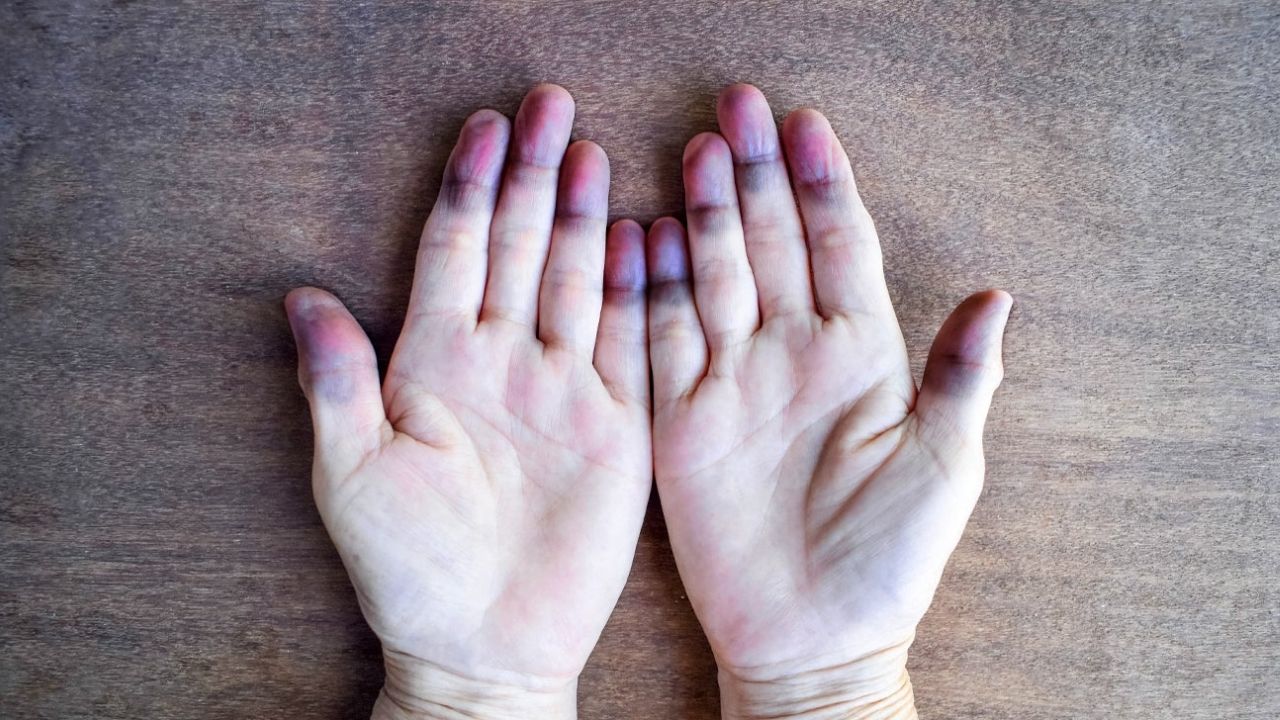
Crocq–Cassirer Syndrome might sound like a mouthful, but understanding it can be straightforward. This rare neurological disorder affects the brain's ability to process certain types of information, leading to unique symptoms. Patients often experience difficulties with movement, speech, and sometimes even memory. Despite its rarity, learning about this syndrome can help us appreciate the complexities of the human brain. Researchers continue to study Crocq–Cassirer Syndrome to uncover more about its causes and potential treatments. Whether you're a student, a curious mind, or someone affected by this condition, these 25 facts will shed light on this intriguing disorder.
Key Takeaways:
- Crocq–Cassirer Syndrome is a rare neurological disorder with symptoms like muscle weakness and tremors. While there's no cure, treatments like physical therapy and medications can help manage the condition.
- Ongoing research and support networks offer hope for those living with Crocq–Cassirer Syndrome. Genetic research, clinical trials, and support groups aim to improve understanding and quality of life for patients.
What is Crocq–Cassirer Syndrome?
Crocq–Cassirer Syndrome, also known as Crocq Syndrome, is a rare neurological disorder. It primarily affects the nervous system and can lead to a variety of symptoms. Here are some intriguing facts about this condition.
-
Rare Disorder: Crocq–Cassirer Syndrome is extremely rare, with only a handful of documented cases worldwide.
-
Named After: The syndrome is named after French neurologists Jean Crocq and Richard Cassirer, who first described it in the early 20th century.
-
Symptoms: Symptoms often include muscle weakness, tremors, and coordination problems.
-
Age of Onset: The syndrome typically appears in adulthood, usually between the ages of 30 and 50.
-
Genetic Factors: There is some evidence to suggest a genetic component, although the exact cause remains unknown.
Symptoms and Diagnosis
Understanding the symptoms and how Crocq–Cassirer Syndrome is diagnosed can help in managing the condition more effectively.
-
Muscle Weakness: One of the most common symptoms is progressive muscle weakness, which can affect daily activities.
-
Tremors: Patients often experience tremors, particularly in the hands and arms.
-
Coordination Issues: Difficulty with coordination and balance is another hallmark of the syndrome.
-
Speech Problems: Some individuals may have trouble with speech, including slurring or difficulty articulating words.
-
Diagnostic Tests: Diagnosis usually involves a combination of neurological exams, MRI scans, and genetic testing.
Treatment Options
While there is no cure for Crocq–Cassirer Syndrome, various treatments can help manage the symptoms.
-
Physical Therapy: Regular physical therapy can help improve muscle strength and coordination.
-
Medications: Certain medications can help control tremors and muscle spasms.
-
Speech Therapy: Speech therapy may be beneficial for those experiencing speech difficulties.
-
Occupational Therapy: Occupational therapy can assist individuals in adapting to their daily routines.
-
Lifestyle Changes: Adopting a healthy lifestyle, including a balanced diet and regular exercise, can improve overall well-being.
Research and Future Directions
Ongoing research aims to better understand Crocq–Cassirer Syndrome and develop more effective treatments.
-
Genetic Research: Scientists are exploring the genetic basis of the syndrome to identify potential targets for treatment.
-
Clinical Trials: Various clinical trials are underway to test new medications and therapies.
-
Patient Registries: Patient registries help researchers collect data and track the progression of the syndrome.
-
Support Groups: Support groups provide a platform for patients and families to share experiences and resources.
-
Awareness Campaigns: Increasing awareness about the syndrome can lead to earlier diagnosis and better management.
Living with Crocq–Cassirer Syndrome
Living with a rare condition like Crocq–Cassirer Syndrome can be challenging, but there are ways to improve quality of life.
-
Support Networks: Building a strong support network of family, friends, and healthcare providers is crucial.
-
Mental Health: Addressing mental health is important, as chronic illness can lead to anxiety and depression.
-
Adaptive Devices: Adaptive devices such as walkers or speech aids can enhance independence.
-
Education: Educating oneself about the syndrome can empower patients to take an active role in their care.
-
Advocacy: Advocating for better research funding and healthcare policies can make a significant difference for those affected by Crocq–Cassirer Syndrome.
Final Thoughts on Crocq–Cassirer Syndrome
Crocq–Cassirer Syndrome, a rare neurological disorder, affects the body's ability to process sensory information. Understanding its symptoms, such as muscle weakness, coordination issues, and sensory disturbances, is crucial for early diagnosis and management. While there's no cure, treatments like physical therapy, medications, and lifestyle adjustments can improve quality of life. Raising awareness about this condition helps in early detection and better support for those affected.
Research continues to explore new treatments and therapies, offering hope for future advancements. If you or someone you know shows signs of Crocq–Cassirer Syndrome, consult a healthcare professional for proper evaluation and care. Knowledge and awareness are powerful tools in managing this rare condition, ensuring those affected receive the support and treatment they need. Stay informed, stay supportive, and contribute to a better understanding of Crocq–Cassirer Syndrome.
Frequently Asked Questions
Was this page helpful?
Our commitment to delivering trustworthy and engaging content is at the heart of what we do. Each fact on our site is contributed by real users like you, bringing a wealth of diverse insights and information. To ensure the highest standards of accuracy and reliability, our dedicated editors meticulously review each submission. This process guarantees that the facts we share are not only fascinating but also credible. Trust in our commitment to quality and authenticity as you explore and learn with us.
